We are now officially entering into the month of September 2020 – a month of new challenges, goals to meet, and changes. Some for the best, and some for the worst. As we enter into this particular month, we cannot help but think about one change that meets many and is oftentimes accompanied by new glorious goals: college. More specifically, finishing high school and then entering into college. With this comes one of the most dreaded moments at the start of this new feat: Scholastic Assessment Tests – better known as SATs.
The SATs’ main purpose serves to judge what young adults have learned throughout their first 12 years of education so that college recruitment can determine how successful they might be in college. Each test measures the various skills needed for educational success in college including literacy, numeracy, and writing skills. The test is mandatory and is taken before the entrance to the college and also determines each new student’s academic starting point.
Generally speaking, studying for the SATs is a must; if one doesn’t study for the test, then they run the risk of a recruiter either denying their admittance or placing them in classes that are below their actual educational level. In this article, we intend to provide for young adults some tips for studying for the SATs. Hopefully, it will be considered a basic source of information for those eager to prepare.
Schedule Time Wisely
Depending on how much time that one has, it's important to schedule time in such a way that one maximizes it before the big examination day comes. The amount of time that one has should be spent a certain way. If a young adult, for instance, has six months to study, then that time should be spent studying as much material as possible in a paced and organized way. The best way to start out is to become familiar with the SAT material by taking a practice SAT test or an assessment (a good assessment can be found at Khan Academy’s website). If one only has three months to study, then this time should be spent more acutely. Young adults should focus on their weak areas which they'll get to know by taking practice SATs. A good practice test can be found at the SAT Suite of Assessments website which is provided by the College Board and National Merit Scholarship Corporation. These practice tests should always be taken at the start of the study schedule and also at the end. If one only has one month to study, then it’s crunch time; they should prioritize the highest-valued areas of the test while also becoming comfortable with the getting experience. These highest-valued areas normally include but are not limited to: (1) reading, (2) writing, and (3) mathematics. Young adults also should focus on an understanding of the analysis of the science section if they have time to. Meanwhile, students are suggested to set a high value on the time management prior to the due day to ensure they have enough time to finish every section on the SAT in the time allowed.



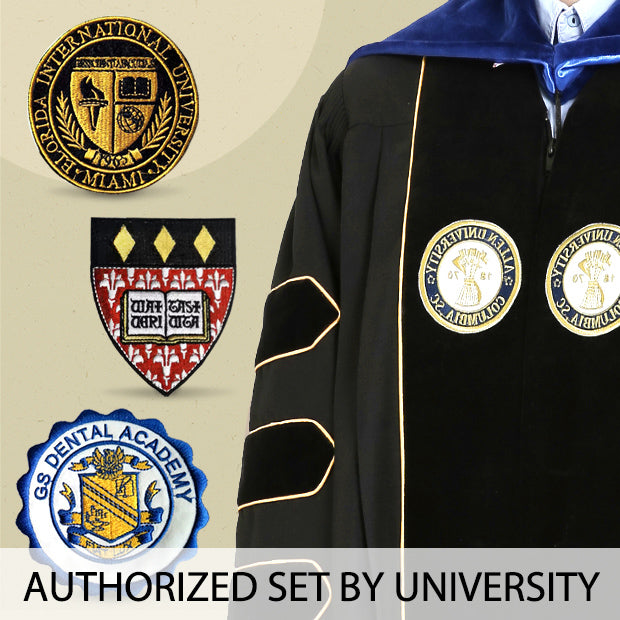
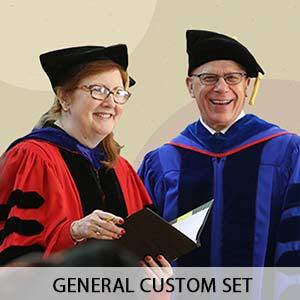
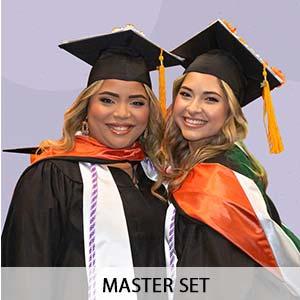
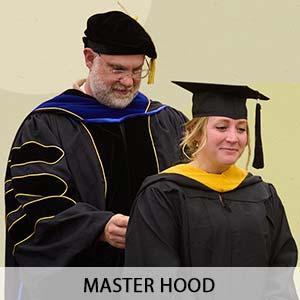


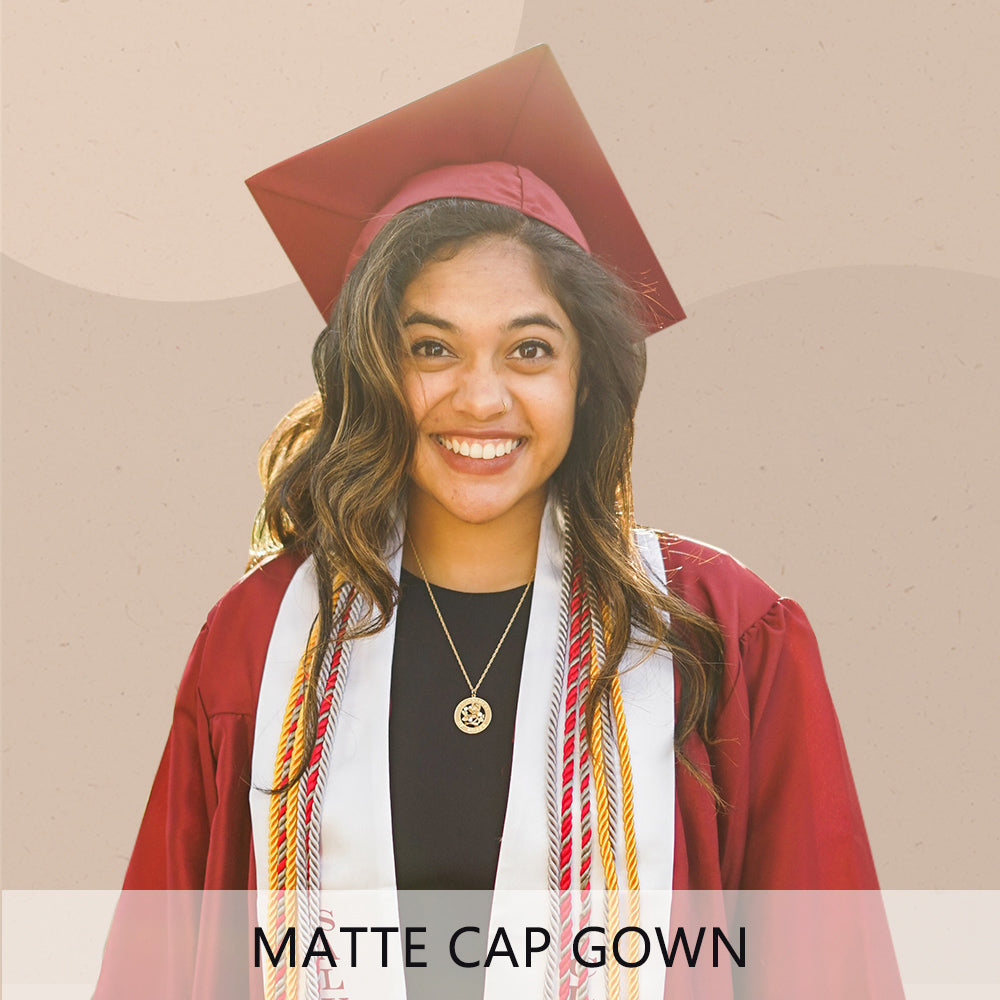







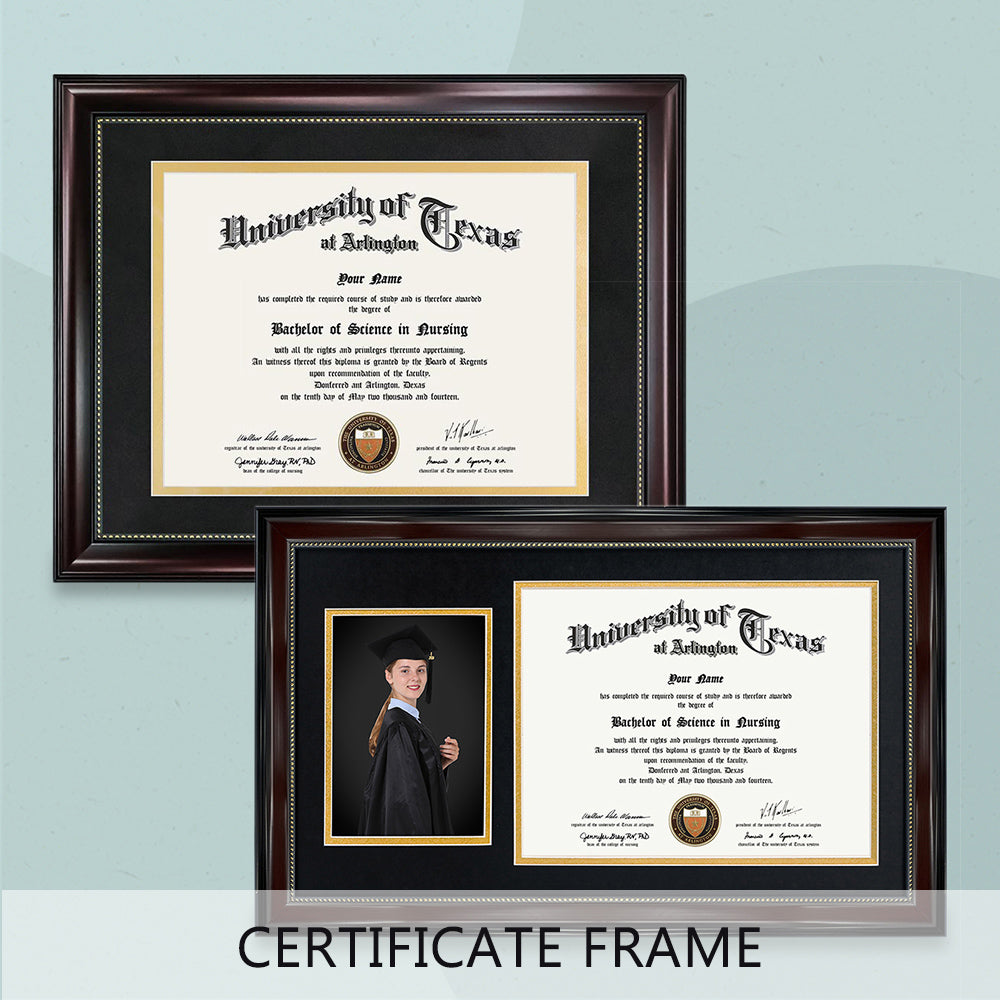






Leave a comment
This site is protected by hCaptcha and the hCaptcha Privacy Policy and Terms of Service apply.